30 pages • 1 hour read
Virginia WoolfModern Fiction
Nonfiction | Essay / Speech | Adult | Published in 1925A modern alternative to SparkNotes and CliffsNotes, SuperSummary offers high-quality Study Guides with detailed chapter summaries and analysis of major themes, characters, and more.
Themes
The Proper Stuff of Fiction
Discussion of “the proper stuff of fiction”—what it has been and what it should be—is the central element of Woolf’s essay and an element both to explore and to push against. The use of the word “proper” itself suggests the authoritative influence of tradition and convention. Writing in the wake of Victorian Realism, Woolf is likely referring to the conventional material of this tradition, which prioritized historical/social novels, the bildungsroman, and a linear narrative as “appropriate” to fiction. The tradition also suggested that a woman was hardly a “proper” author for fiction at all. It is worth noting that many female writers of the previous century—including Jane Austen, whom Woolf invokes, and George Eliot, one of the central figures of the Realist movement—wrote under male pseudonyms to avoid having their writing be dismissed or overlooked.
Woolf therefore immediately separates herself from what “custom” would suggest is the “proper stuff of fiction,” and the rest of the essay debates what the material of modern fiction ought to be and how it ought to be written about. Woolf’s consideration of this question is expansive and open-ended. She cites a number of authors to present examples of what might and might not be the “proper stuff of fiction,” but Woolf is never overly critical even of those she paints as superficial and outdated “materialists.
Related Titles
By Virginia Woolf

A Haunted House
Virginia Woolf

A Haunted House and Other Short Stories
Virginia Woolf
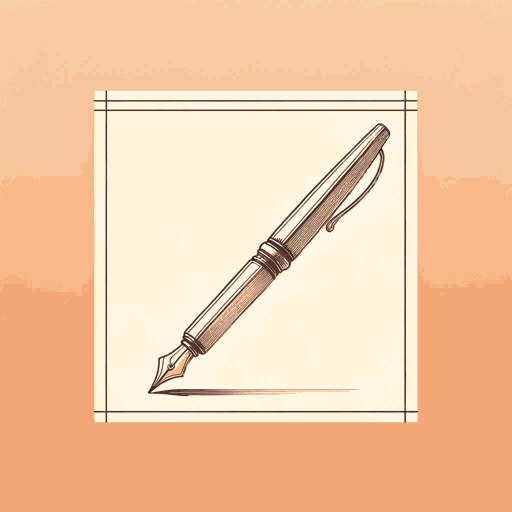
A Room of One's Own
Virginia Woolf

Between The Acts
Virginia Woolf
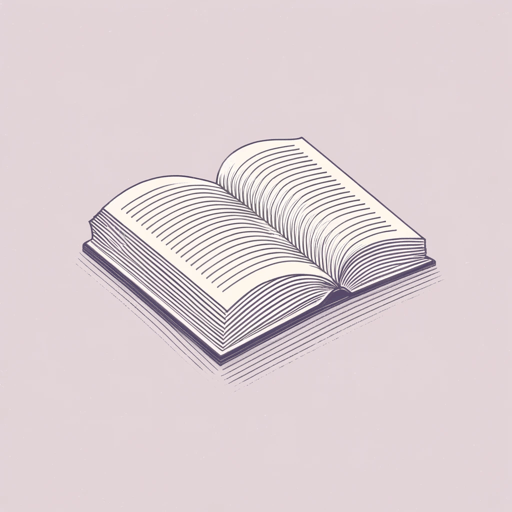
How Should One Read a Book?
Virginia Woolf

Jacob's Room
Virginia Woolf

Kew Gardens
Virginia Woolf

Moments of Being
Virginia Woolf
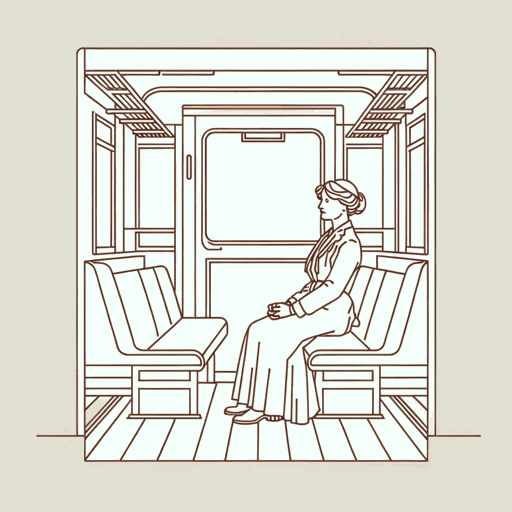
Mr. Bennett and Mrs. Brown
Virginia Woolf

Mrs. Dalloway
Virginia Woolf
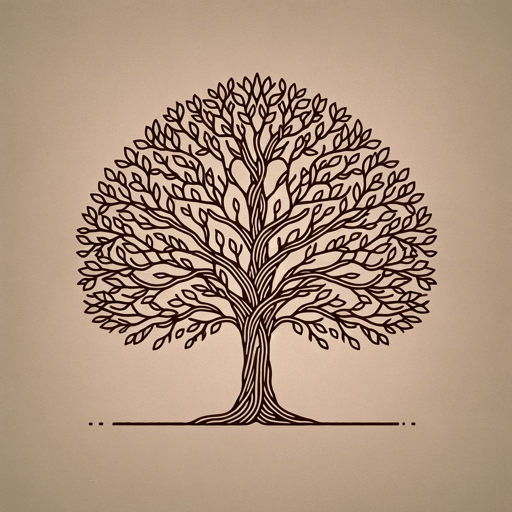
Orlando
Virginia Woolf
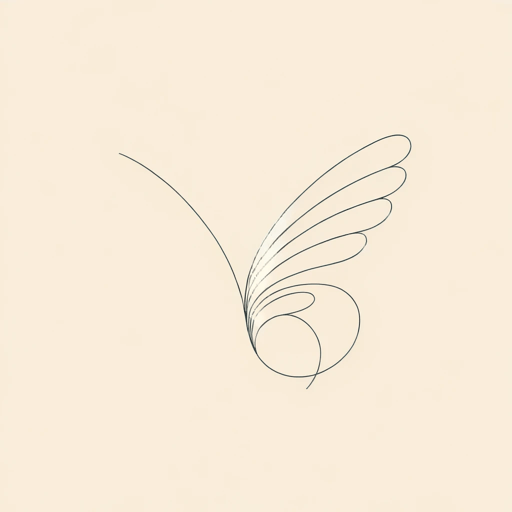
The Death of the Moth
Virginia Woolf

The Duchess and the Jeweller
Virginia Woolf
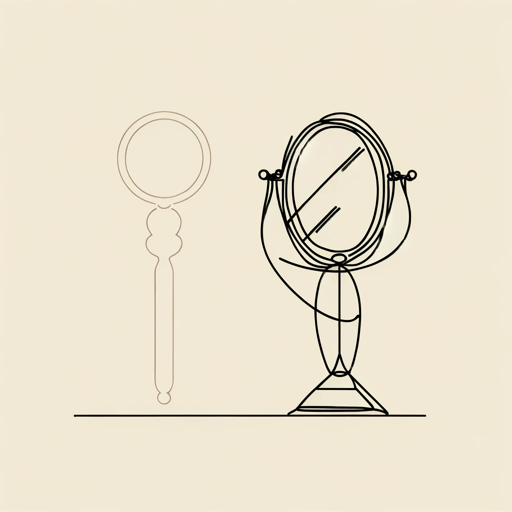
The Lady in the Looking Glass
Virginia Woolf

The Mark on the Wall
Virginia Woolf
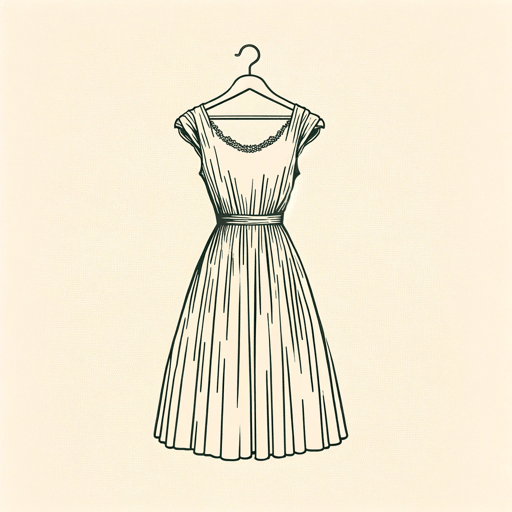
The New Dress
Virginia Woolf

The Voyage Out
Virginia Woolf
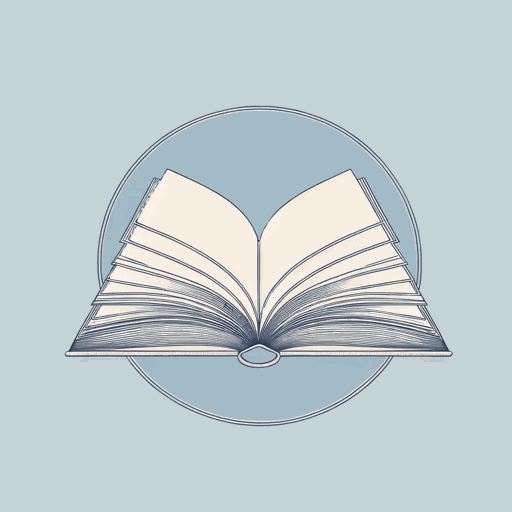
The Waves
Virginia Woolf
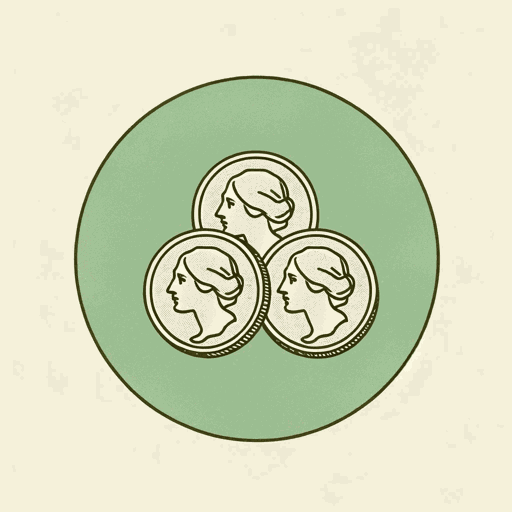
Three Guineas
Virginia Woolf

To the Lighthouse
Virginia Woolf

